Hey everyone, it's me again, diving headfirst into the wild world of anime. You know, I've been obsessed with this stuff since I was a kid sneaking episodes of Dragon Ball Z after bedtime. Fast-forward to now, and here I am, trying to rank the top anime studios like it's some kind of sacred quest. But let's be real ranking anything in anime is basically asking for a flame war in the comments. Who's with me? If your favorite didn't make the cut or is too low, don't shoot the messenger; blame my caffeine-fueled late-night marathons.
I put this list together based on a mix of stuff: fan polls I've seen floating around online, critic raves, and yeah, my own gut feelings after way too many all-nighters. We're going from 10 down to 1, chatting about their histories, killer shows, and why they rock (or sometimes flop). Oh, and I'll sprinkle in some random thoughts because, honestly, anime isn't just cartoons it's therapy, escape, and sometimes a gut-punch reminder of real-life struggles. Speaking of which, a quick heads-up: the anime biz can be brutal. Crunch time for animators is no joke; it's like they're crafting these epic worlds while running on fumes. We fans owe it to them to push for better conditions, right? Empathy mode activated let's appreciate the humans behind the magic.
Alright, enough chit-chat. Let's kick this off!
10. Studio Trigger: The Chaotic Geniuses Who Don't Give a Damn About Rules

Okay, starting strong with Studio Trigger at number 10. These guys popped up in 2011, brainchild of Hiroyuki Imaishi and Masahiko Otsuka, who cut their teeth at Gainax you know, the folks behind Evangelion. Trigger's like that rebellious friend who shows up to the party with fireworks and zero plan. Their first big splash? Kill la Kill. Man, that show was a whirlwind of skimpy outfits, insane battles, and social commentary wrapped in absurdity. I remember watching it and thinking, "Is this empowering or just nuts?" It walks that line so cleverly, poking fun at fan service while delivering killer action.
They've got gems like Little Witch Academia, which feels like a warm hug for anyone who's ever felt out of place, and Cyberpunk: Edgerunners, tying into that video game vibe with gritty, heart-ripping stories. Promare? Pure eye candy with its fiery animations. But here's a little digression: in an industry full of cookie-cutter tropes, Trigger's boldness is refreshing, but it raises questions. Are they satirizing over-sexualization, or adding to it? I lean toward satire, but it's worth thinking about, especially for younger fans. We gotta consume thoughtfully, you know?
On a lighter note, their humor is spot-on characters yelling nonsense while the world explodes? Relatable to my chaotic group chats. If you're feeling down, pop on one of their shows; it's like therapy with explosions. They've pushed boundaries in mecha and action, inspiring a ton of indie creators. Start with Kill la Kill if you haven't, but fair warning: you might end up yelling "Don't lose your waaay!" at random moments.
9. Production I.G.: Masters of Mind-Bending Sci-Fi and Surprisingly Heartfelt Sports
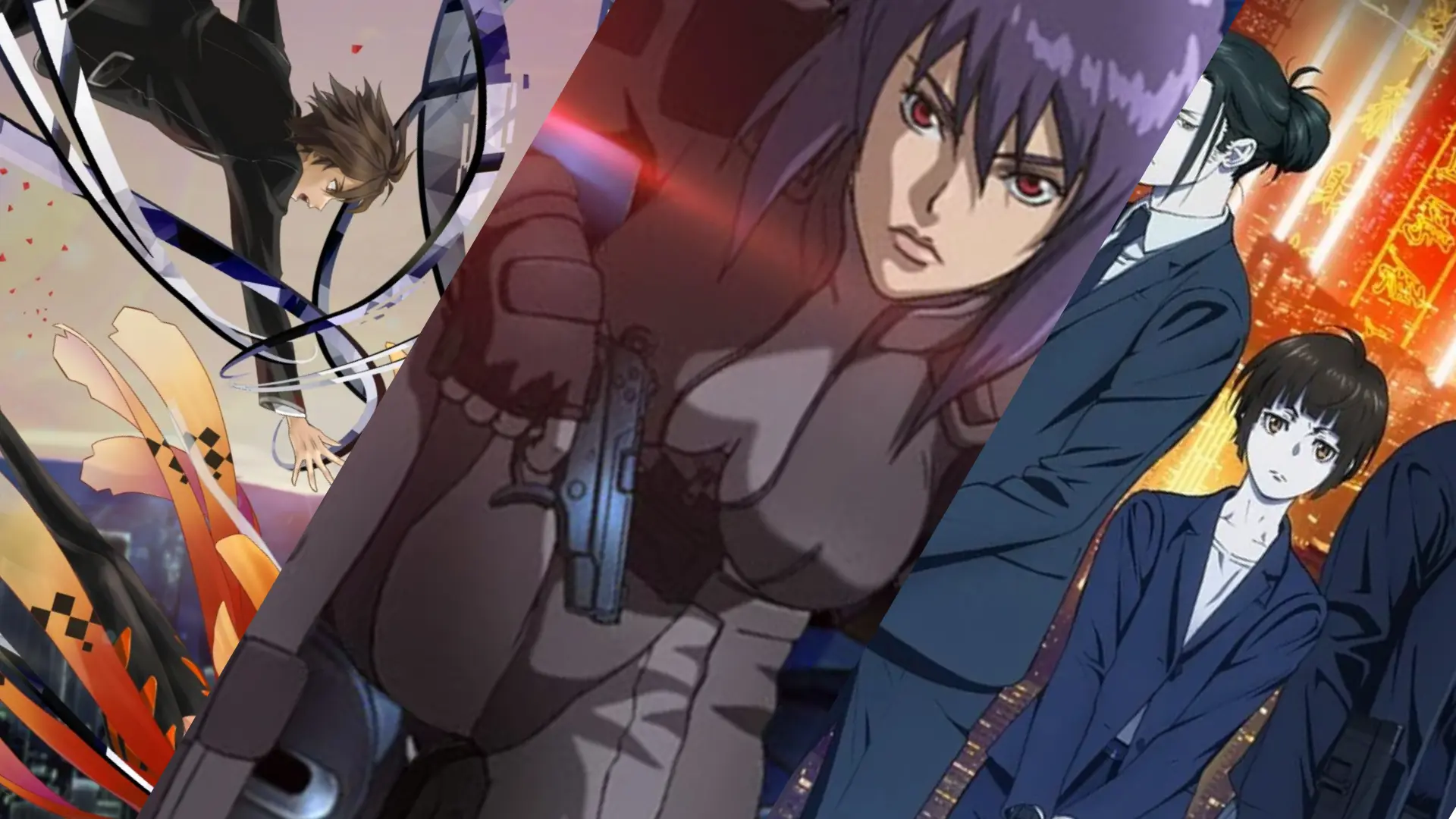
Sliding into ninth is Production I.G., who've been around since '87, spinning off from Tatsunoko. Founded by Mitsuhisa Ishikawa and Takayuki Goto, they've got this knack for mixing futuristic thrills with down-to-earth feels. Ghost in the Shell? Iconic. It basically foresaw our smartphone-addicted lives way back in '95. During the pandemic, rewatching it hit different all that cyber isolation mirroring my Zoom fatigue. Creepy, right?
Then there's Psycho-Pass, diving into crime in a surveillance nightmare, or Haikyu!!, turning volleyball into an emotional rollercoaster about friendship and grit. Kuroko's Basketball amps up the shonen energy, making dunks feel epic. Their animation is so smooth; even quiet moments pop with detail.
Quick tangent: they've sparked debates on adapting source material. Sometimes they tweak things, and fans riot. I get it loyalty to the manga is fierce but creators deserve some wiggle room. Ethically, it's about balance, respecting the original while innovating. And hey, their take on tech ethics? Super relevant today with AI everywhere.
For laughs, those tachikoma robots in Ghost in the Shell are like philosophical puppies if your Alexa started debating existence, it'd be half as fun. Relatable example: pondering deep questions while doom-scrolling? That's me. Production I.G. elevated anime's intellectual side, influencing everything from Hollywood flicks to real AI talks. They're for when you want brains with your brawn.
8. Toei Animation: The Old-School Giants Who Built the Empire
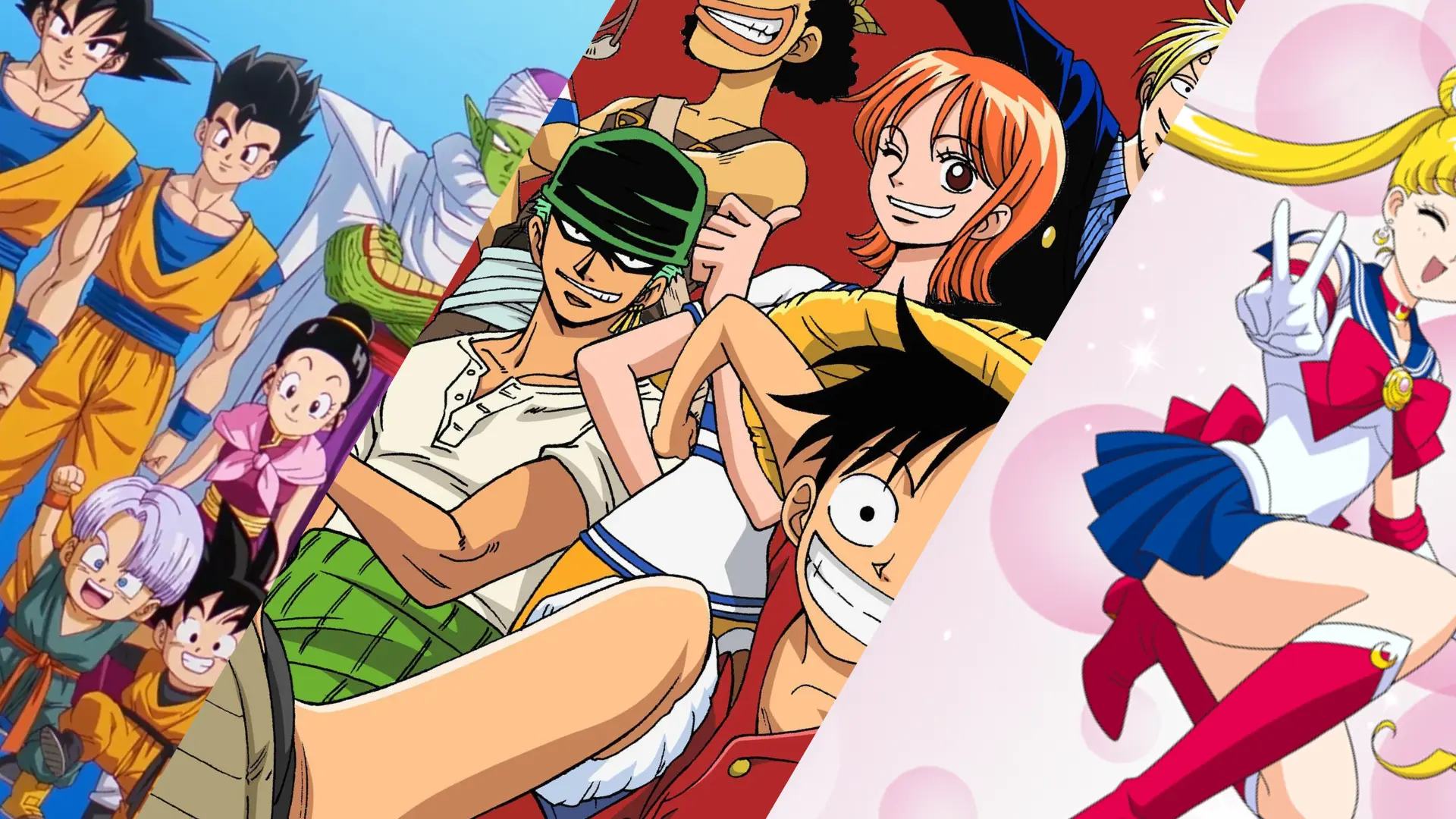
Number eight: Toei Animation, the grandpas of the game since 1948 (started as Japan Animated Films, then Toei took over in '56). They've got a resume longer than One Piece's episode count. Speaking of, One Piece is still chugging along, full of adventure and that Luffy grin that makes you believe in dreams. Dragon Ball? Changed my childhood yelling "Kamehameha!" in the backyard like I could actually fire energy blasts.
Add Sailor Moon for girl-power vibes (I may have tried the transformation pose once or twice), Digimon for monster buddies, and Saint Seiya for cosmic battles. But man, those filler episodes in long series? Like Dragon Ball Z's endless staring contests. It's funny now, but back then, it tested my patience like waiting for dial-up internet.
Digging deeper: Toei's endurance shows how anime's grown, but it spotlights rough stuff like overworked staff on weekly deadlines. My heart goes out to them; imagine animating epic fights on no sleep. We fans should cheer for reforms buy official merch, spread the word.
Humor break: Goku's appetite? Mirrors my midnight snack raids. Relatable? Bingeing these during tough weeks feels like powering up. Toei globalized anime, making it a worldwide obsession. They're the roots of the tree.
7. Studio Pierrot: Shonen Kings with Epic Sagas and Endless Heart

At seven, Studio Pierrot, born in '79 thanks to Yuji Nunokawa. They're shonen specialists, bringing us Naruto believe it or not, that fox kid's journey taught me more about perseverance than any self-help book. Bleach with its soul reaper coolness, Black Clover yelling about magic, and classics like Yu Yu Hakusho.
Their fights? Electric, with payoffs that hit you in the feels. But those filler arcs? Legendary drags, like a story that won't wrap up. Still, they've gotten better at diversity in newer stuff, though early ones had cliches we can critique kindly.
Random thought: adaptations always stir pots canon purists vs. anime fans. It's tough; empathize with the team juggling it all.
Wit time: Ichigo's hair in Bleach defies more laws than my bad decisions. Relatable? Naruto's underdog arc echoes job hunts or breakups. Pierrot crafted franchises that hook generations.
6. Wit Studio: Polished Gems That Punch You in the Gut
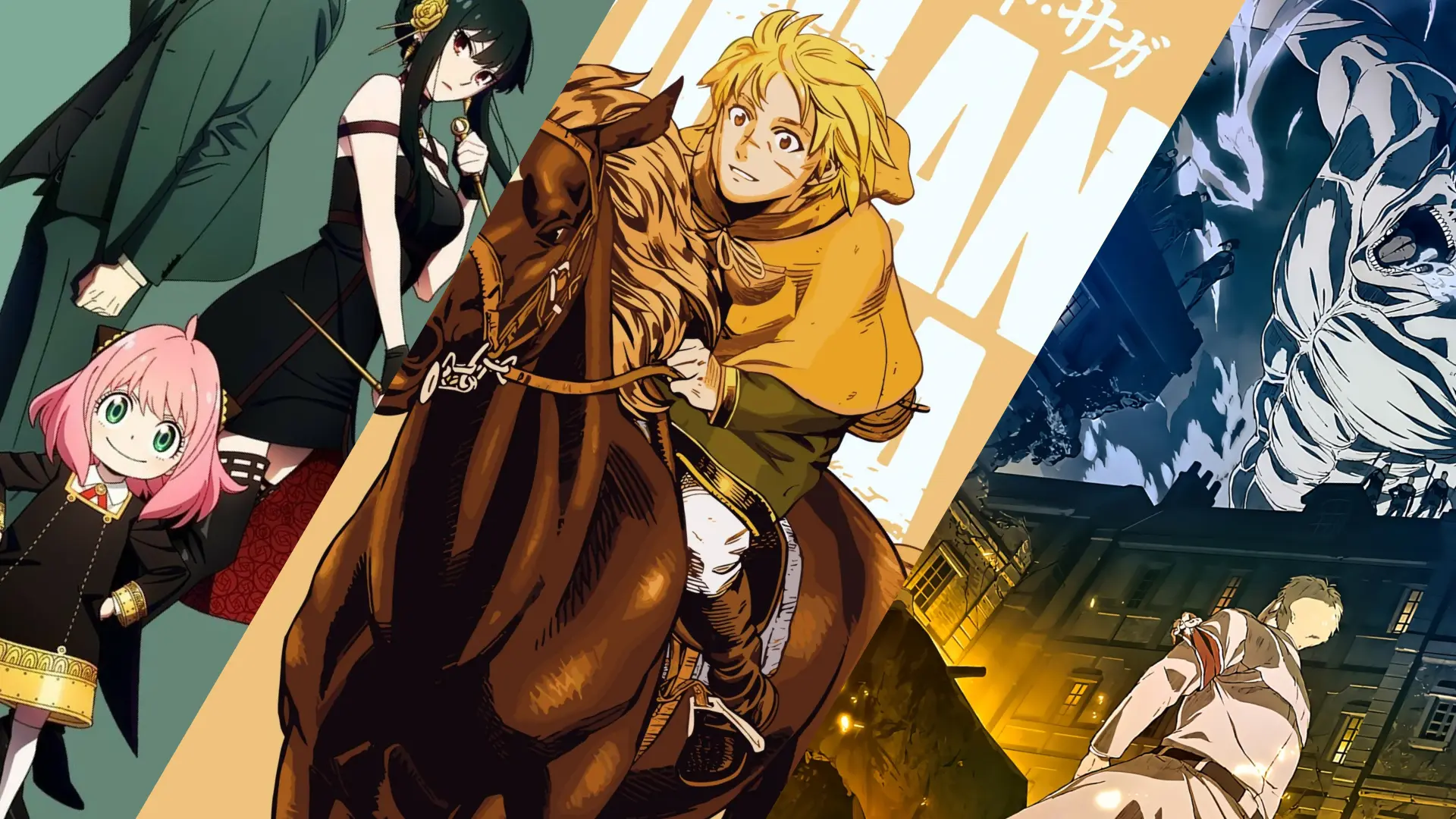
Sixth spot for Wit Studio, a 2012 offshoot of Production I.G. Their breakout Attack on Titan (early seasons) had me on the edge of my seat with titan horrors and twists that wrecked me. Vinland Saga's Viking depth, Spy x Family's hilarious spy life, Ranking of Kings with its sweet underdog prince.
Wit's visuals? Chef's kiss clean, emotional, no wasted frames.
Side note: in a cutthroat industry, their rise screams talent, but let's remember the pressure. Support sustainable work; these artists are heroes.
Funny bit: Anya's "heh" face in Spy x Family? My reaction to plot twists. Relatable? Family secrets in the show mirror hiding my anime obsession from normie friends. Wit upped the game for story-driven action.
5. MAPPA: The Hotshots Redefining "Epic" One Frame at a Time
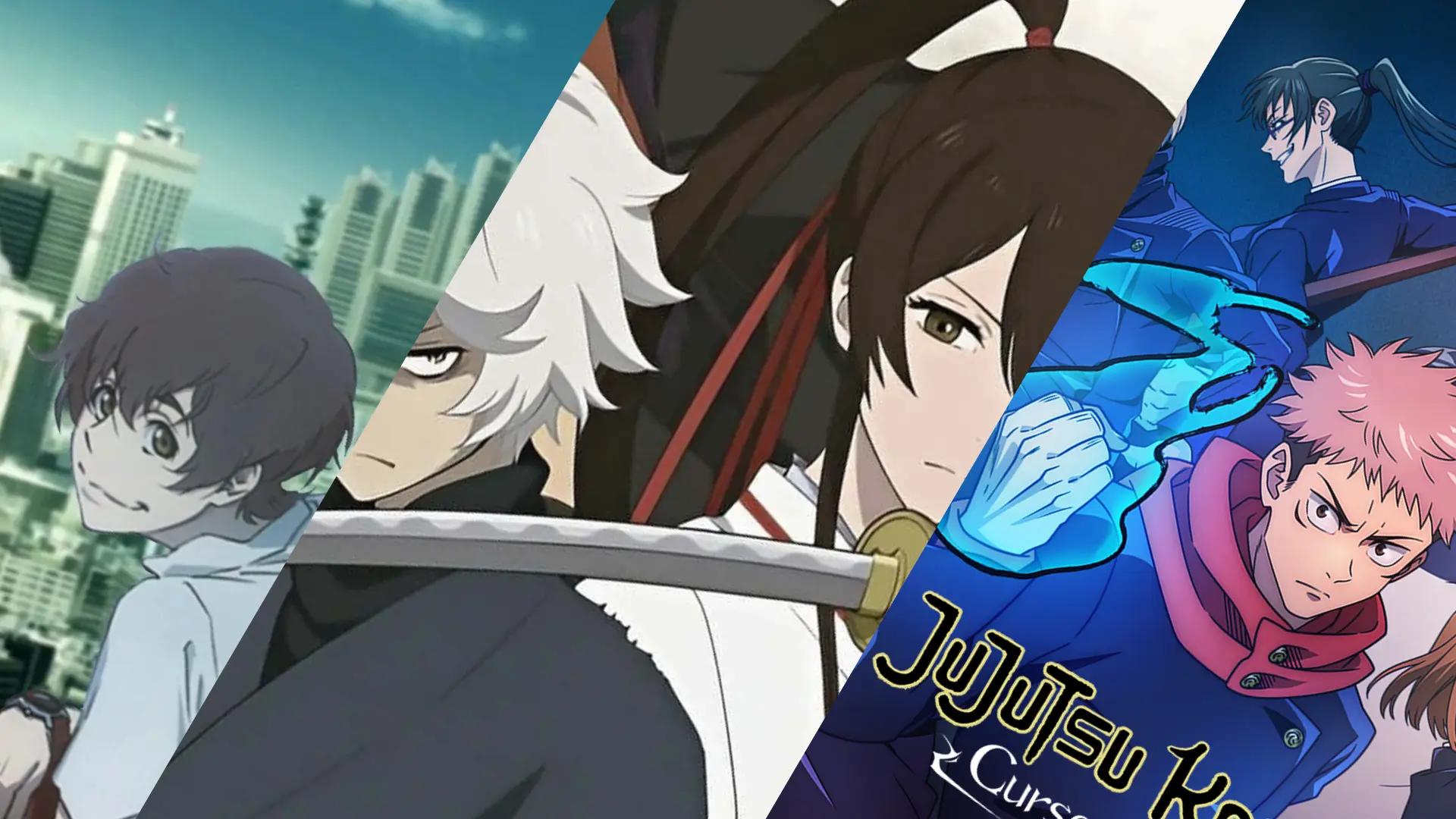
Five goes to MAPPA, started in 2011 by Masao Maruyama from Madhouse. They're on fire with Jujutsu Kaisen's curse fights, Chainsaw Man's bloody weirdness, and finishing Attack on Titan. Yuri!!! on Ice tugged heartstrings, Dorohedoro brought the bizarre.
Their style? Cinematic, like watching a blockbuster.
But pause: reports of crunch culture here are worrying. We gotta advocate great art shouldn't cost health.
Humor: Denji's chainsaw life? Wilder than my Monday mornings. Relatable? Battling inner curses like daily stress. MAPPA's molding today's anime landscape.
4. Studio Bones: Alchemists Turning Stories into Gold
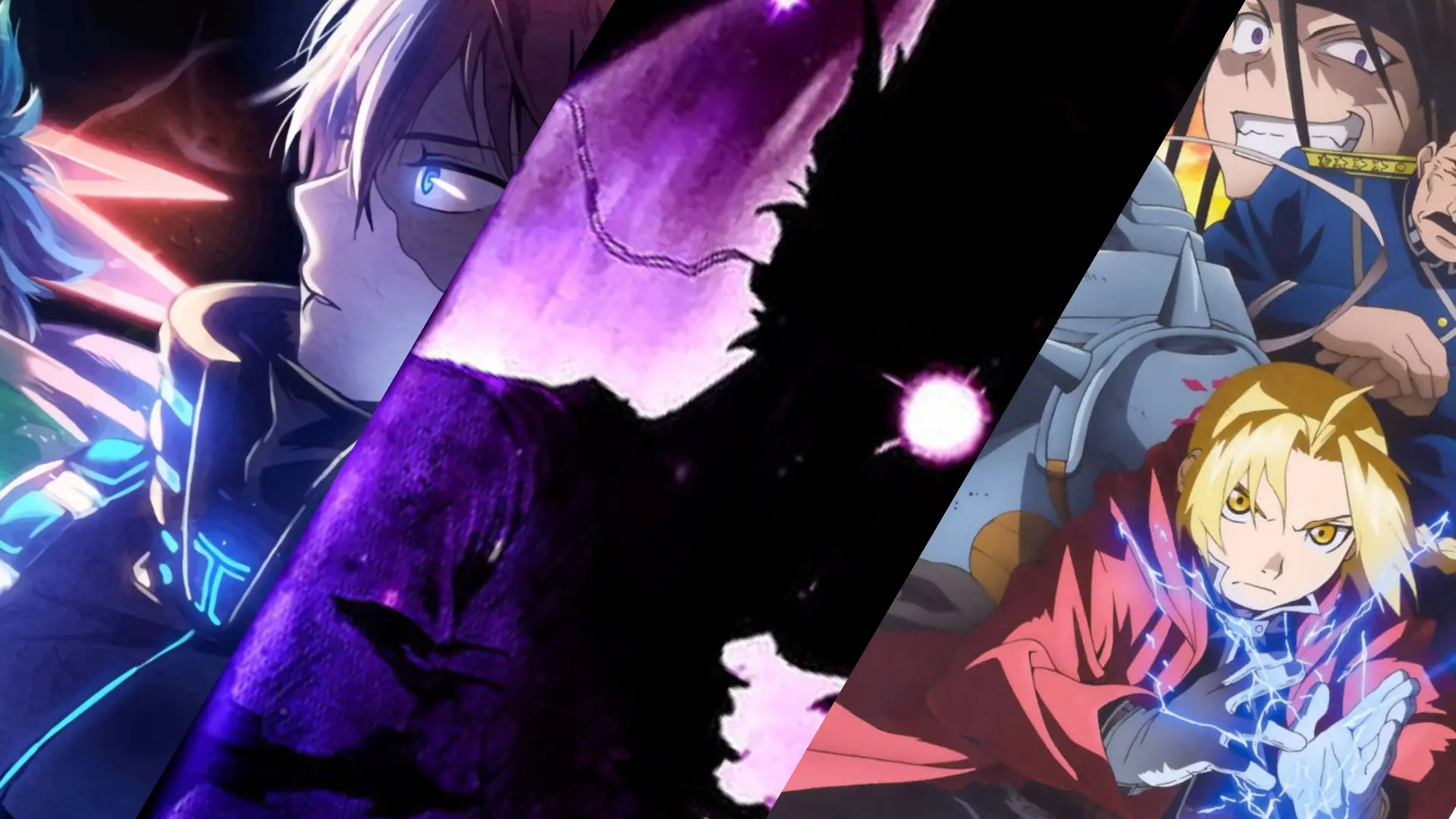
Fourth: Studio Bones, '98 founders from Sunrise. Fullmetal Alchemist: Brotherhood? Masterpiece of adventure and tears equivalent exchange hit hard during my own losses. My Hero Academia's quirk world, Mob Psycho 100's psychic laughs, Bungo Stray Dogs.
They nail adaptations with heart.
Ethical vibe: themes like ambition's price make you reflect.
Tangent: consistency's rare; props to them, but mind the toll.
Laugh: Ed's short rants? My height struggles. Relatable? Hero journeys like career climbs. Bones defined shonen evolution.
3. Madhouse: Jack-of-All-Trades with a Dark Twist
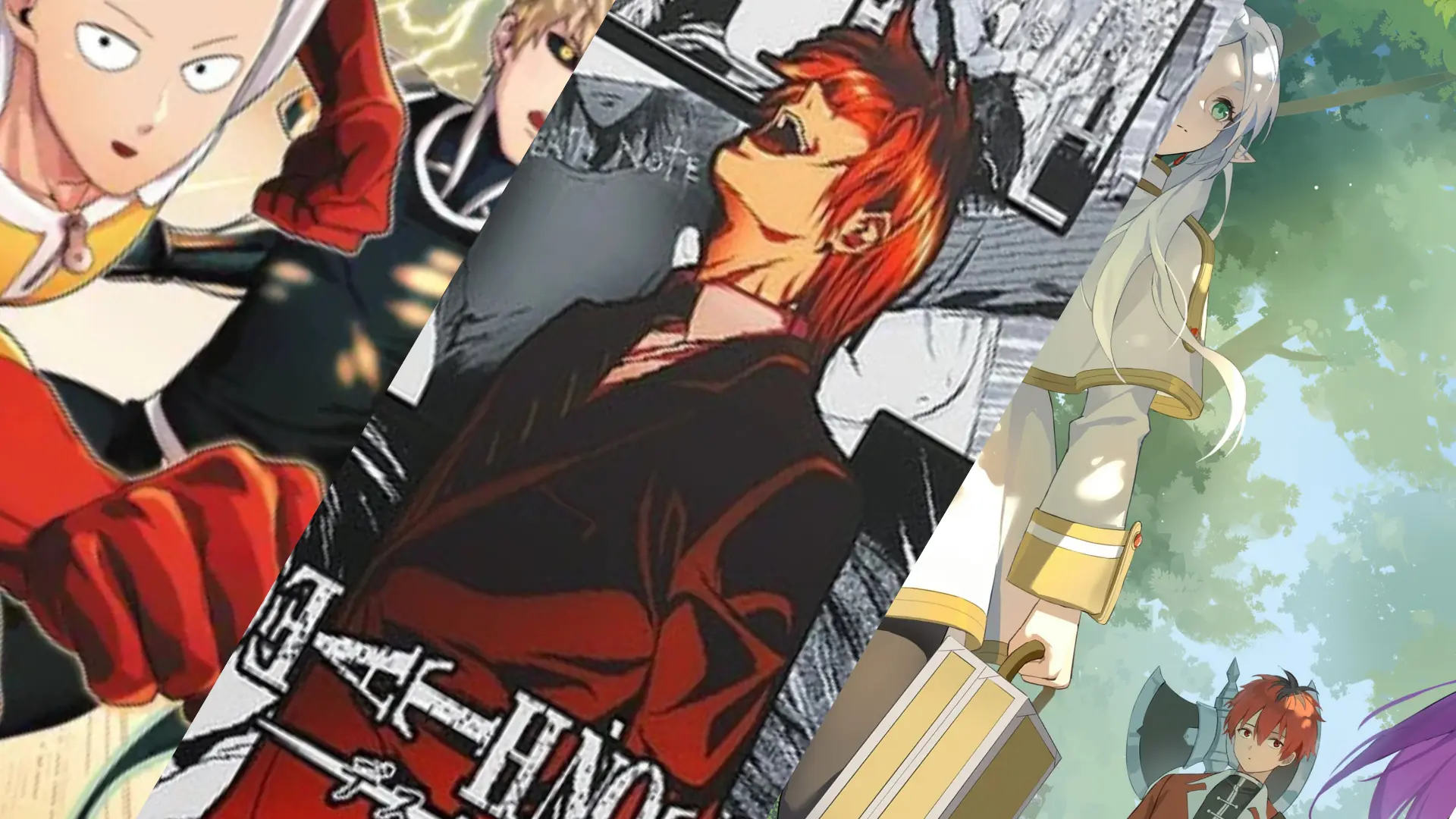
Bronze to Madhouse, since '72. Death Note's cat-and-mouse, One Punch Man satire, Hunter x Hunter remake, Parasyte's body horror. Satoshi Kon's Perfect Blue? Mind-bender on fame.
Versatile as heck, from psych thrillers to boxing in Hajime no Ippo.
Digression: mental health themes done sensitively, but industry needs more support.
Wit: Light's chip eat? Dramatic as my diet fails. Relatable? Moral quandaries like tough choices. Madhouse spans genres masterfully.
2. Ufotable: Visual Wizards Making Magic Look Real
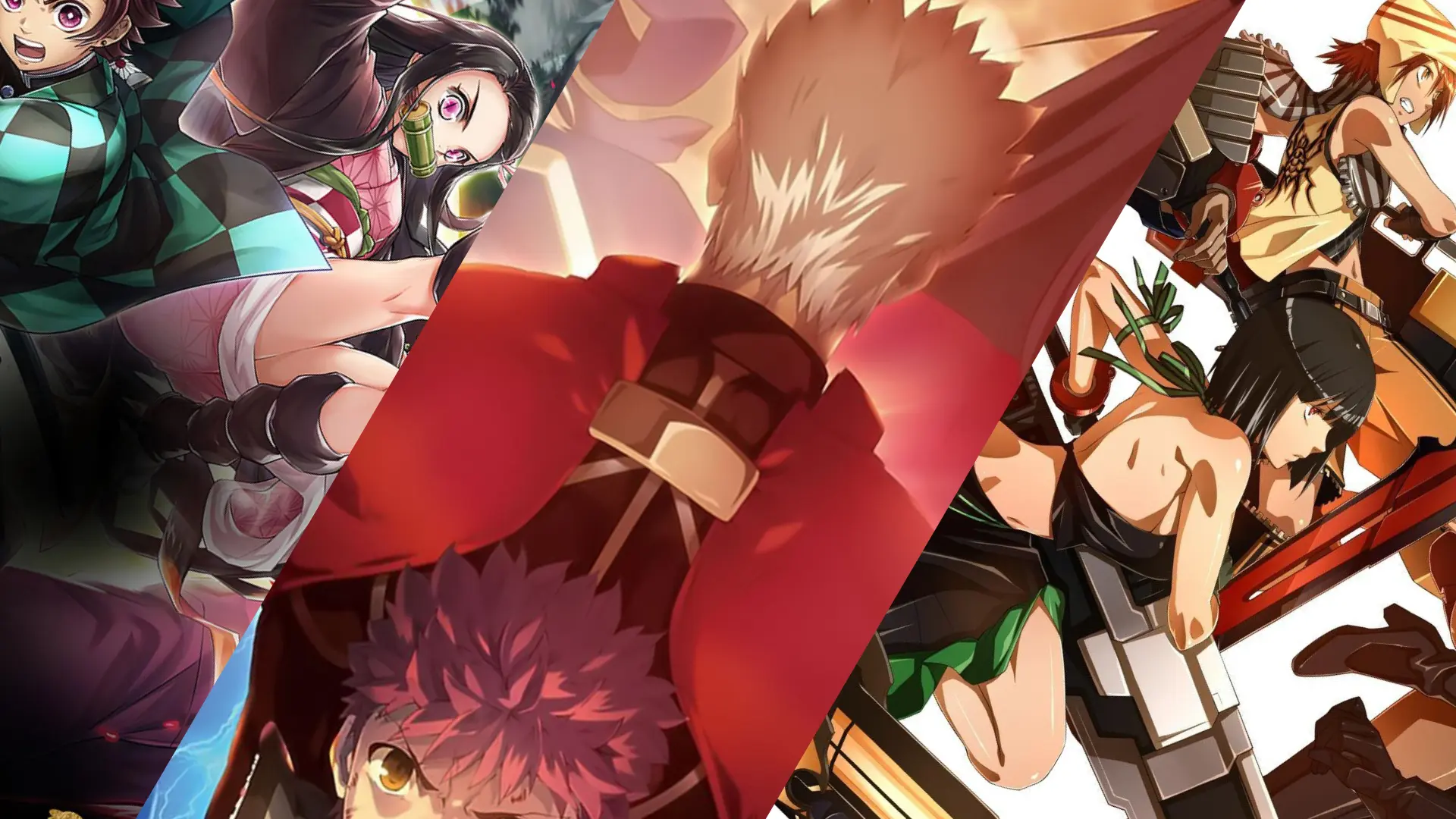
Second: Ufotable, 2000 founding by Hikaru Kondō from Telecom. Masters of polish, CGI-traditional blends. Fate series like Unlimited Blade Works (2014) mage wars shimmer. Demon Slayer (2019-present) Tanjiro's blade dances Infinity Castle films 2025 epic. Mugen Train (2020) record-breaker. Garden of Sinners (2007-2009) mysteries; Tales of Zestiria (2016) fantasy; God Eater (2015) apoc fights. Genshin Impact anime teases 2025, job postings buzz. Consider: Quality focus means intensity welfare crucial. Anti-tax evasion past overcome with transparency. Humor: Tanjiro headbutts? My stubborn streaks. Relatable: Family drives. Ufotable set visual standards, awards galore.
1. Studio Ghibli: The Dream Weavers Who Capture the Soul
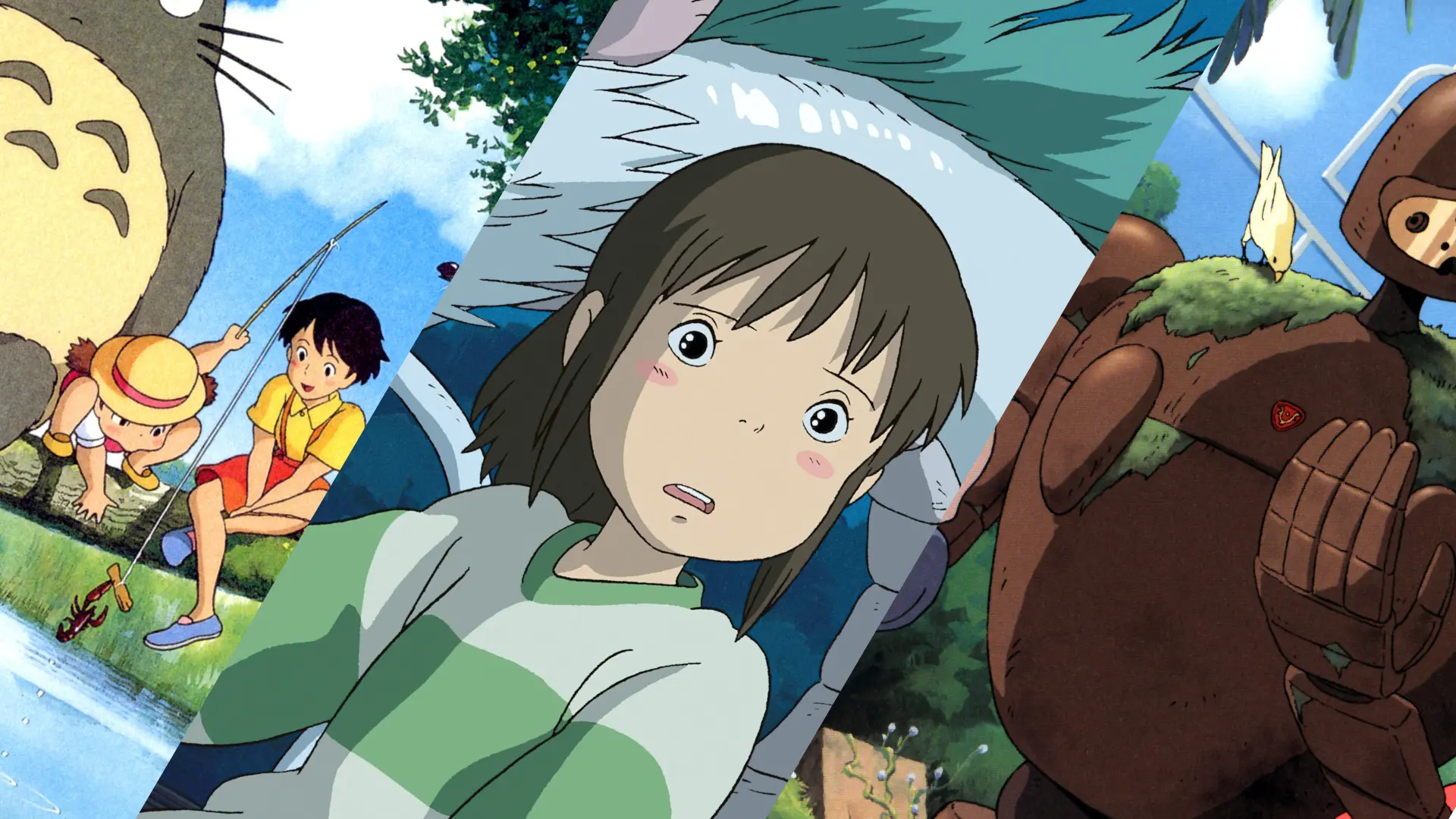
First: Studio Ghibli, 1985 by Miyazaki, Takahata, Suzuki post-Nausicaä. Whimsical, profound, hand-drawn wonders on nature, peace. Totoro (1988) sisters' spirits Catbus magic recaptures innocence. Spirited Away (2001) Oscar-win, Chihiro's growth. Mononoke (1997) eco-battles; Howl's (2004) romance; Grave of the Fireflies (1988) war tears. Ponyo (2008) sea fun; The Boy and the Heron (2023) grief Oscar. 2025: Nippon TV acquisition, AI backlash Miyazaki's "insult to life" quote. Netflix views soar, "The Whispering Waves" rumors. Digression: Themes vital for climate peace. No-cuts policy integrity; future post-Miyazaki thoughtful. Humor: Totoro roar cute. Relatable: Spirited transitions. Ghibli made anime prestigious, inspiring all.
Phew, that was fun! Lists change, so share yours. Support ethically stream legal, fight for fair pay. Catch ya next time!
